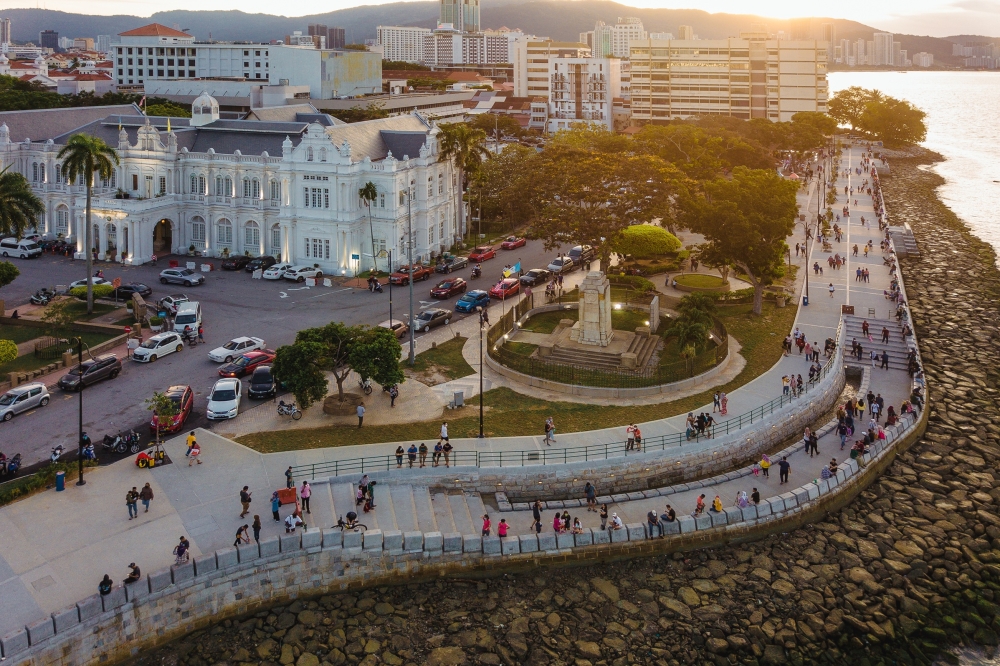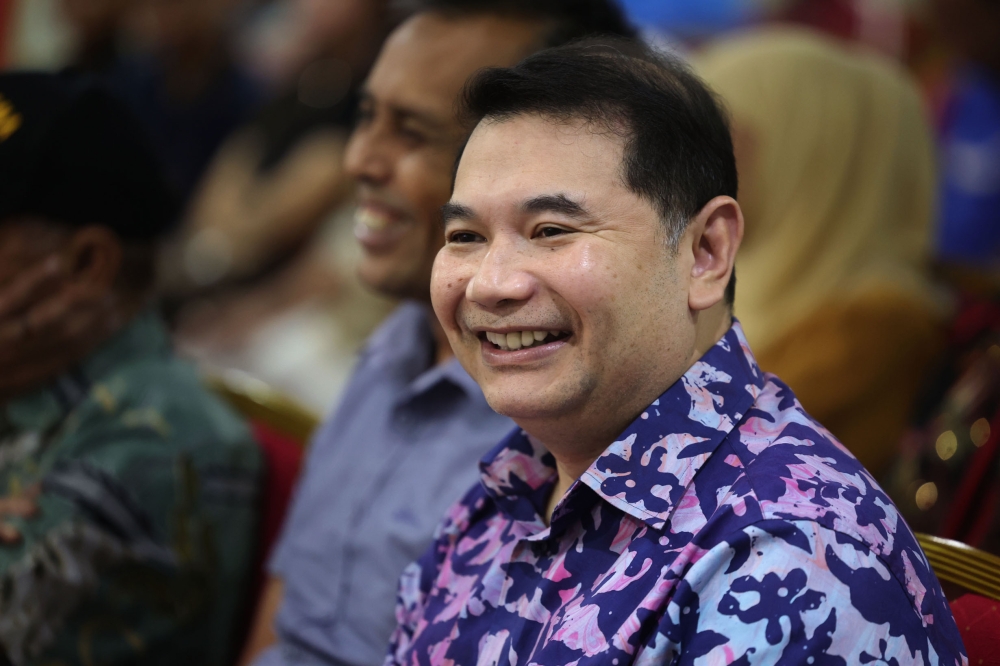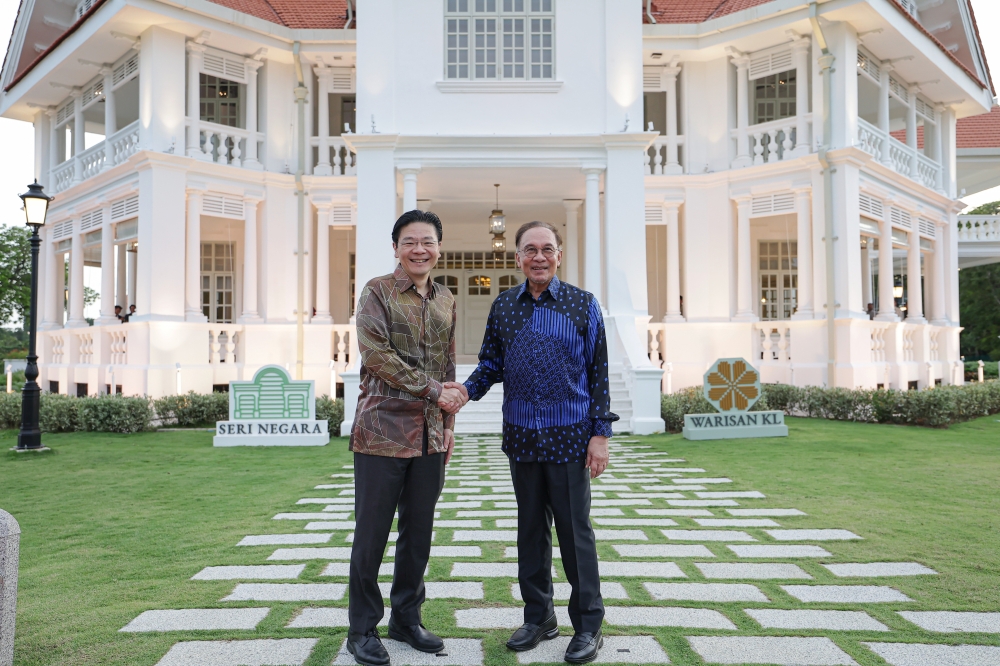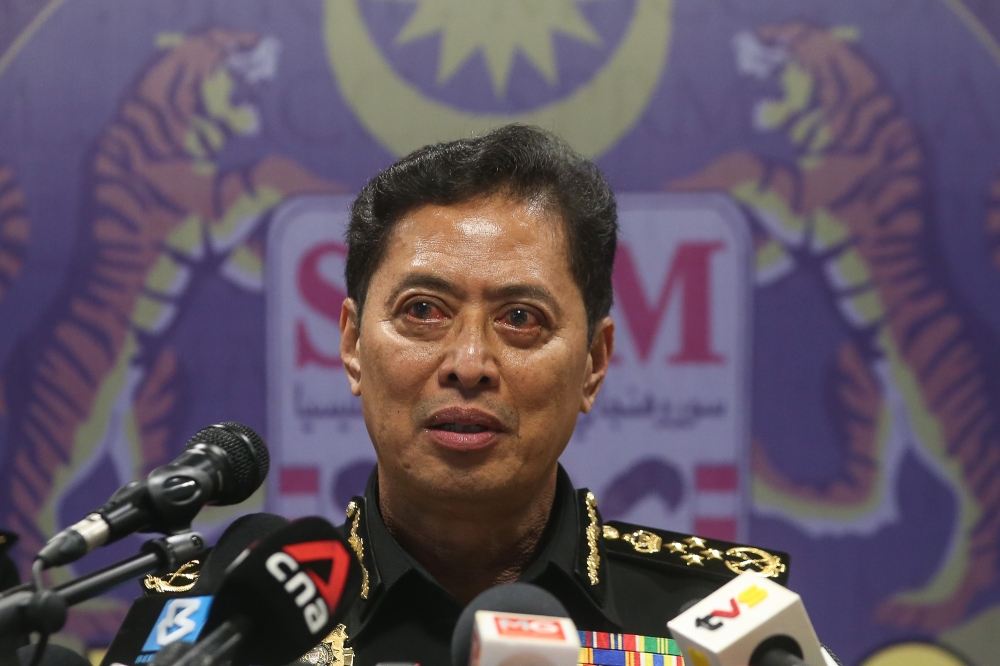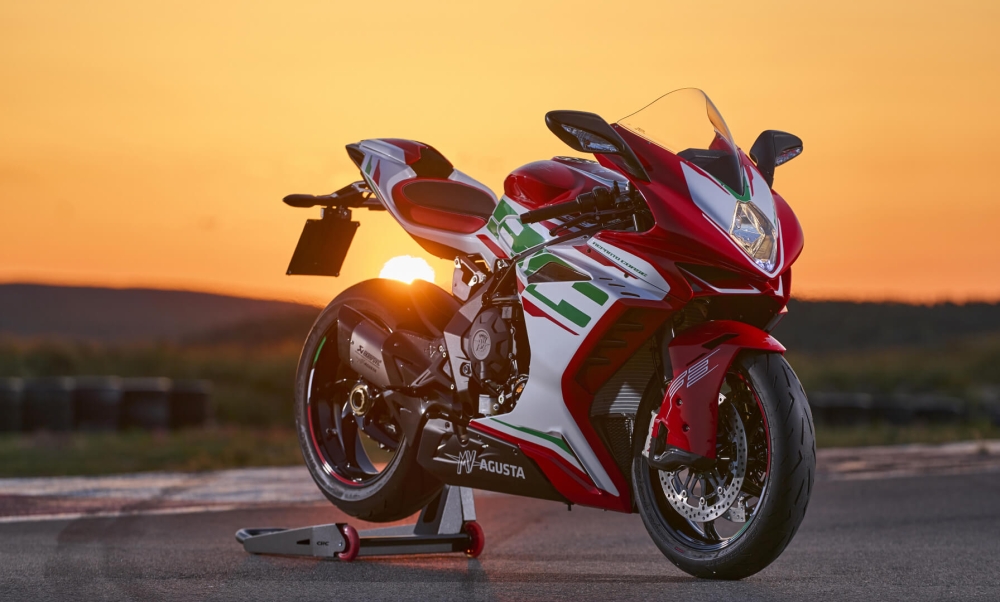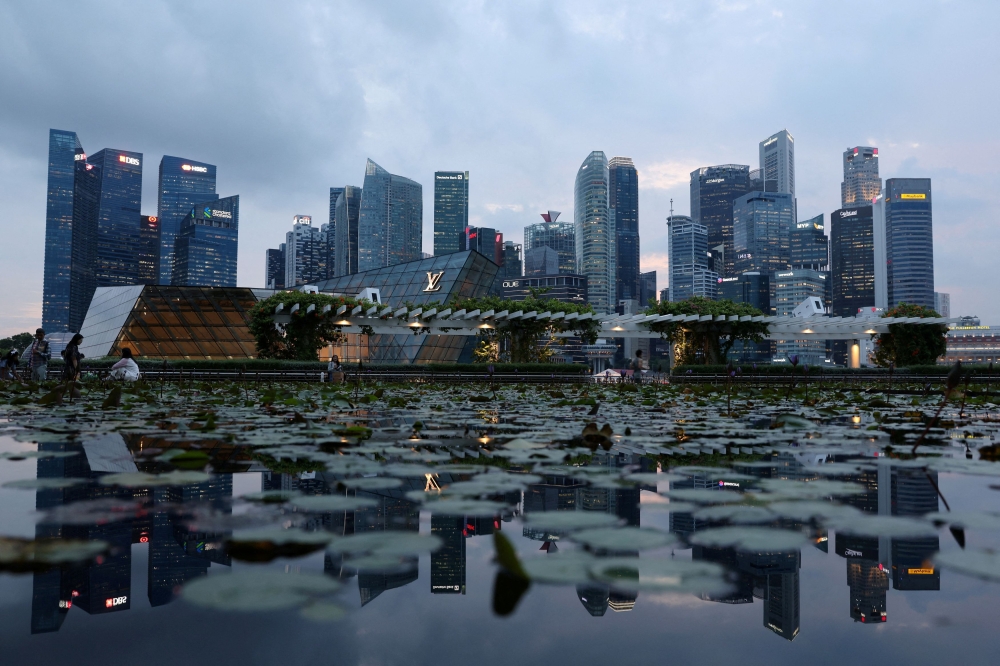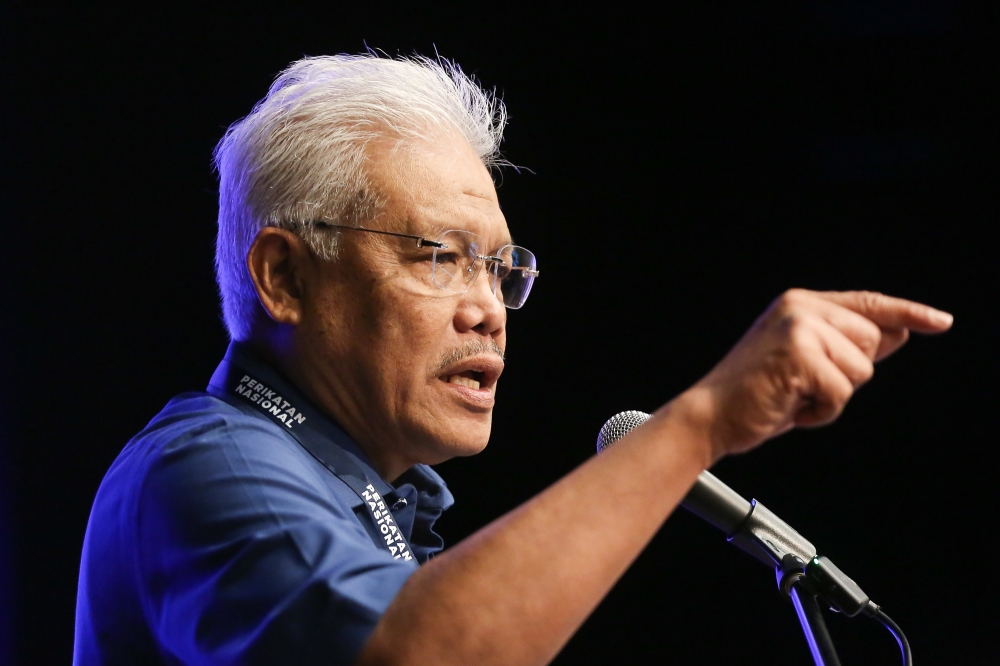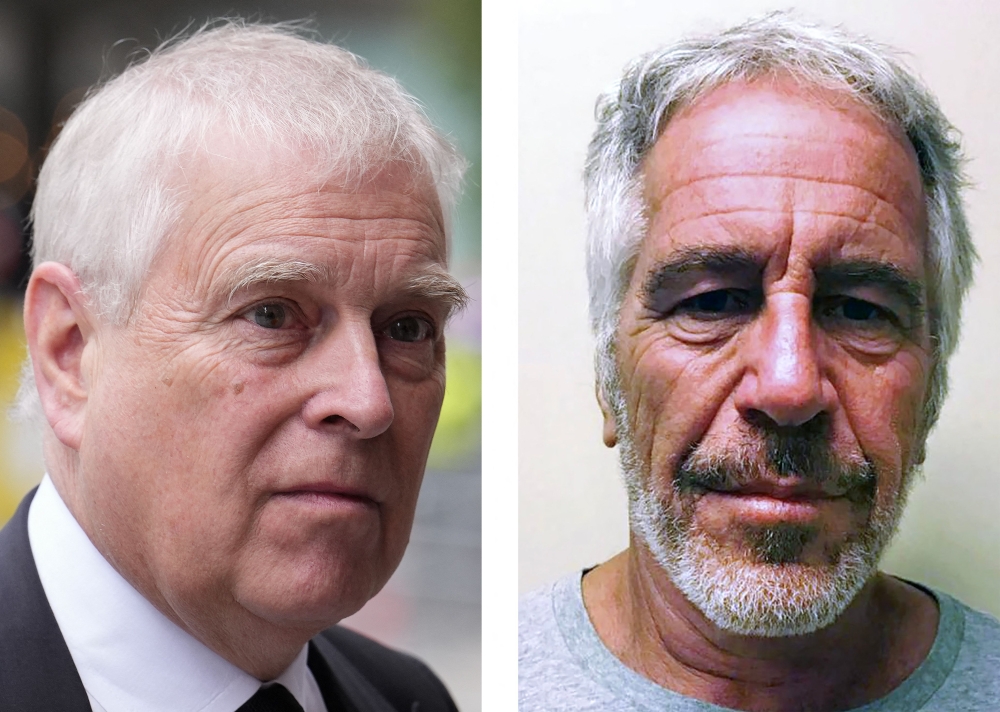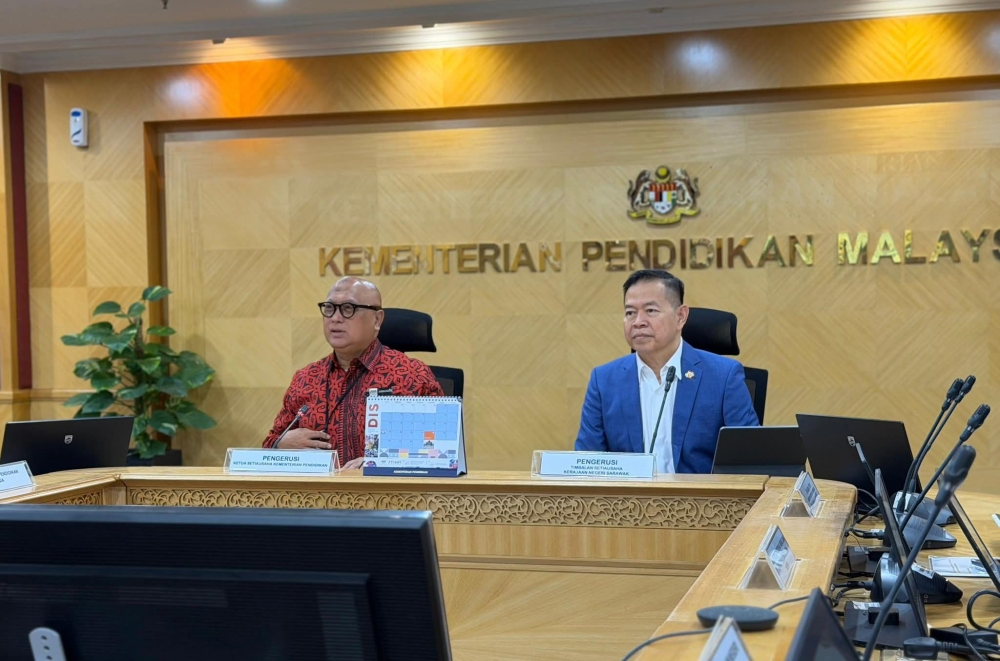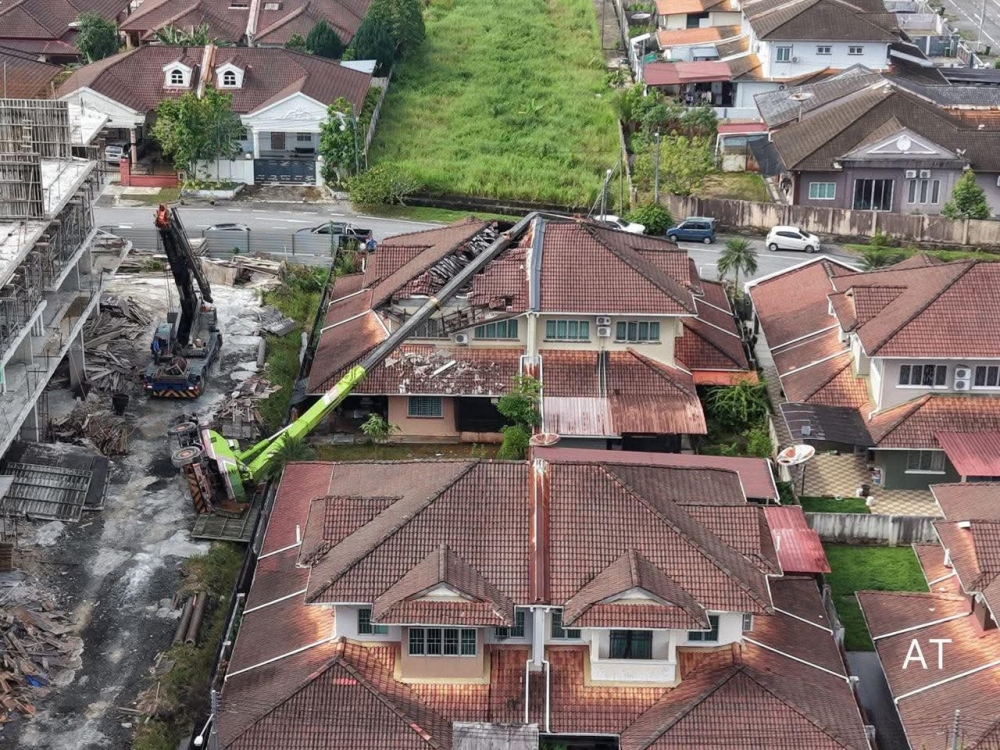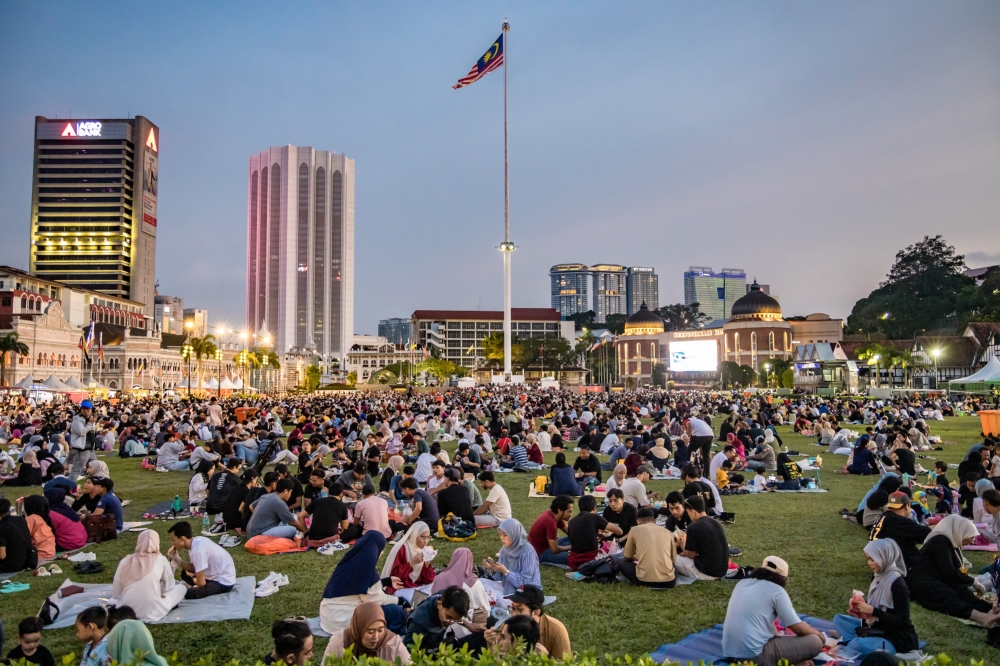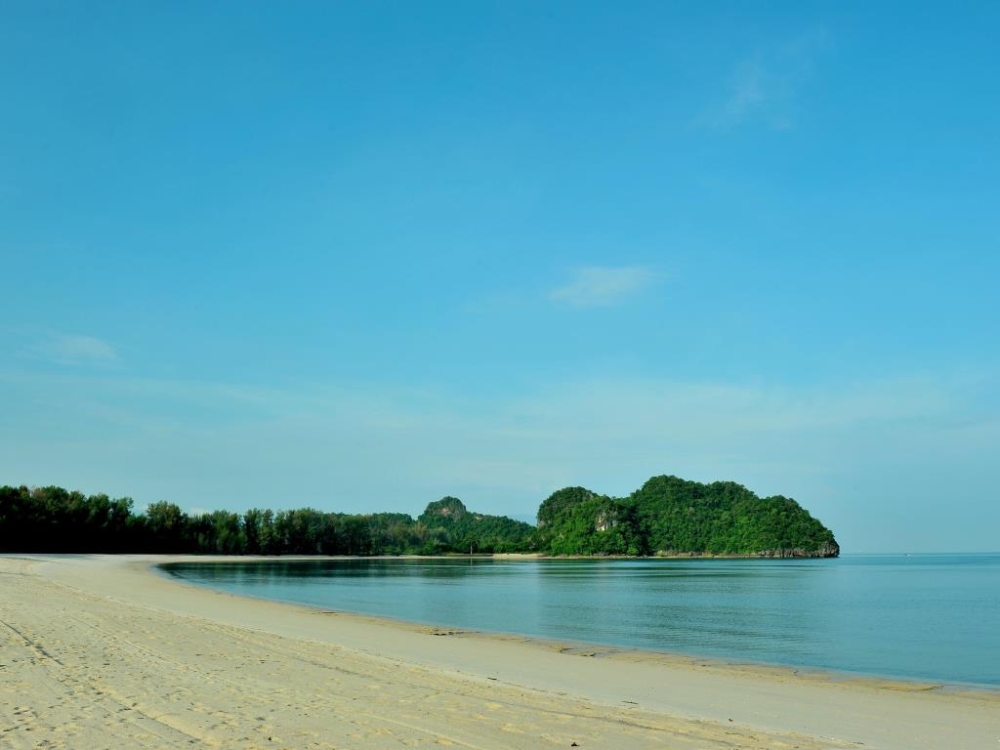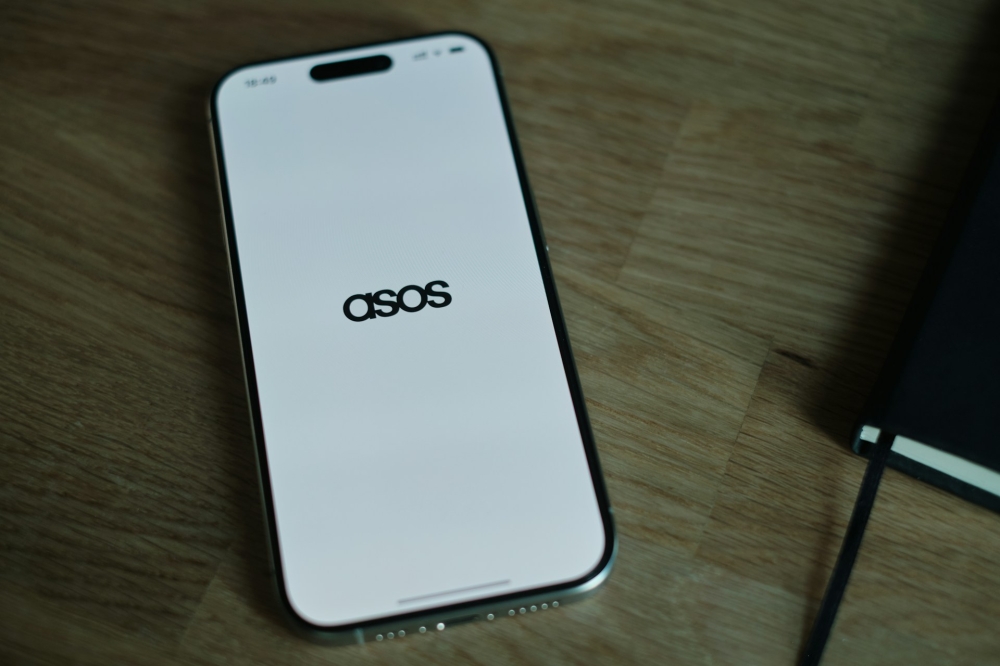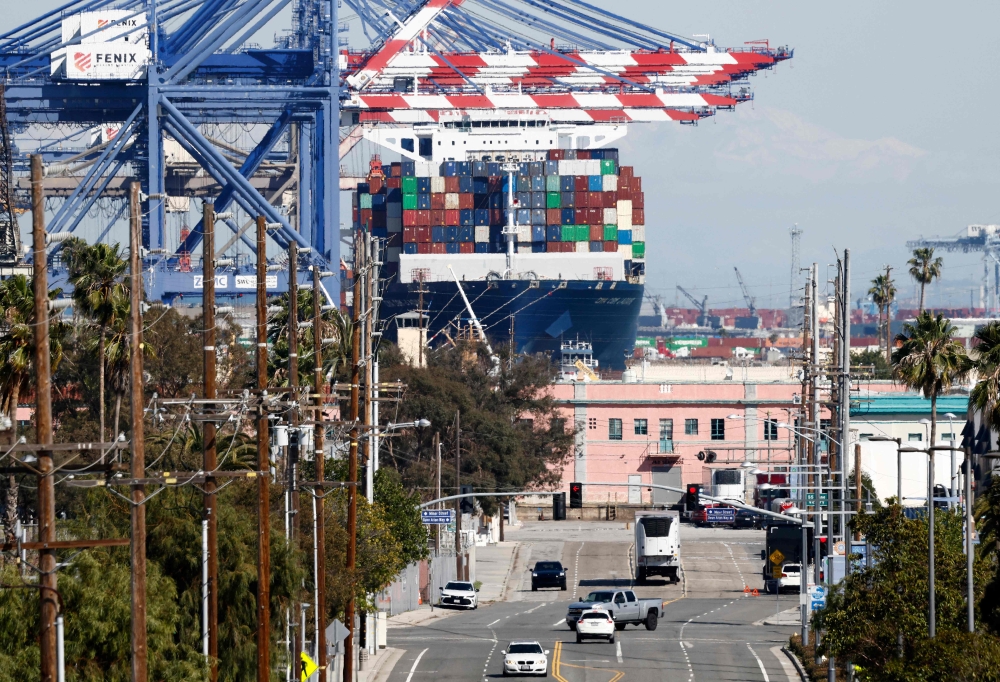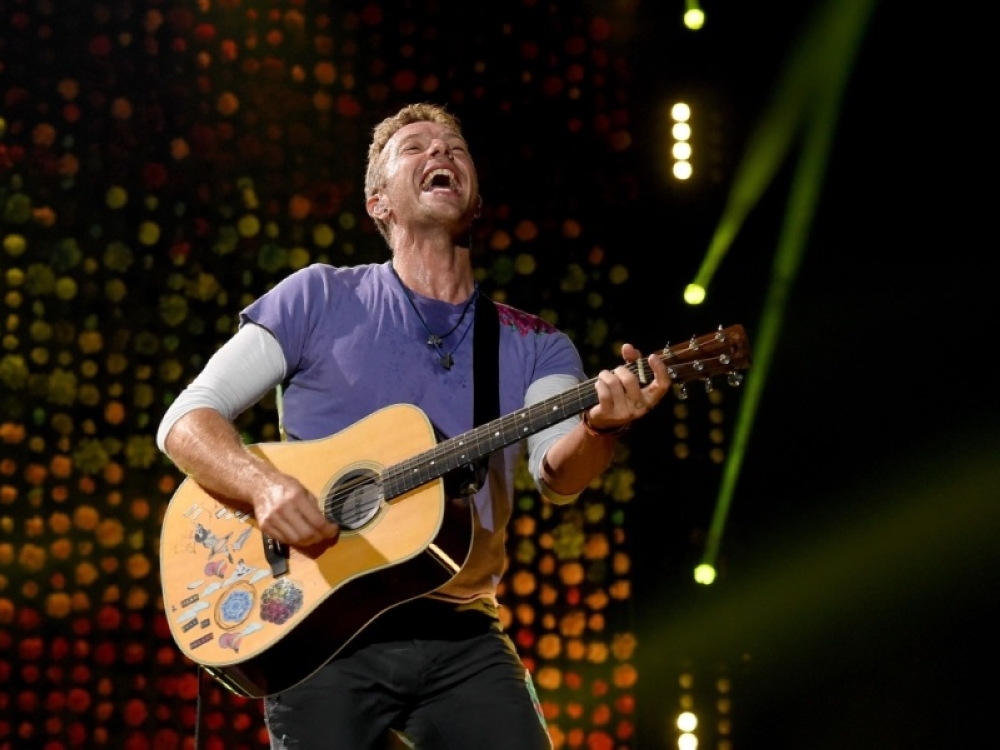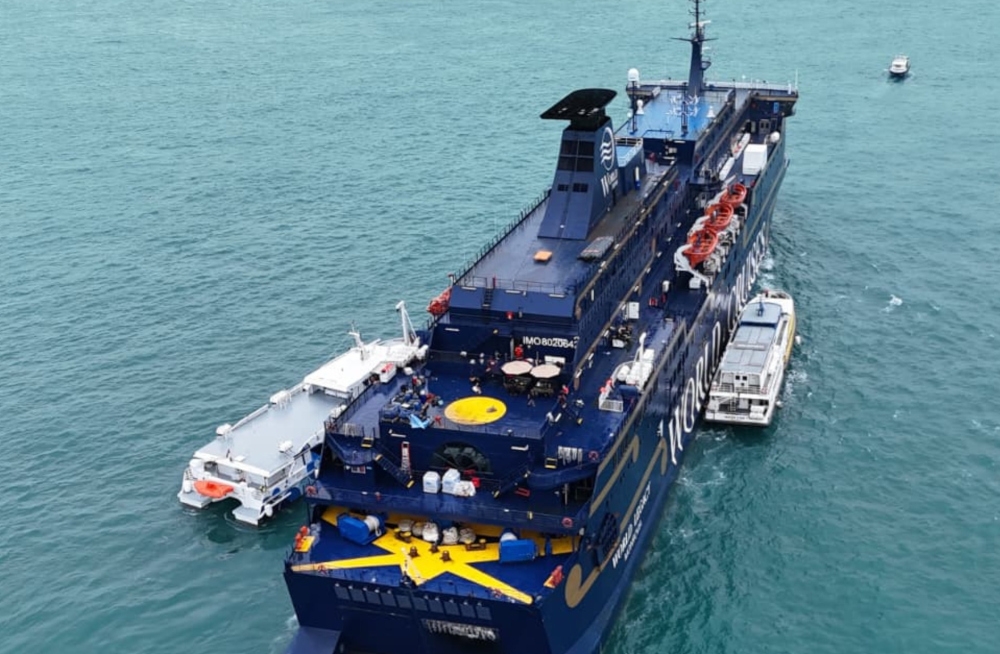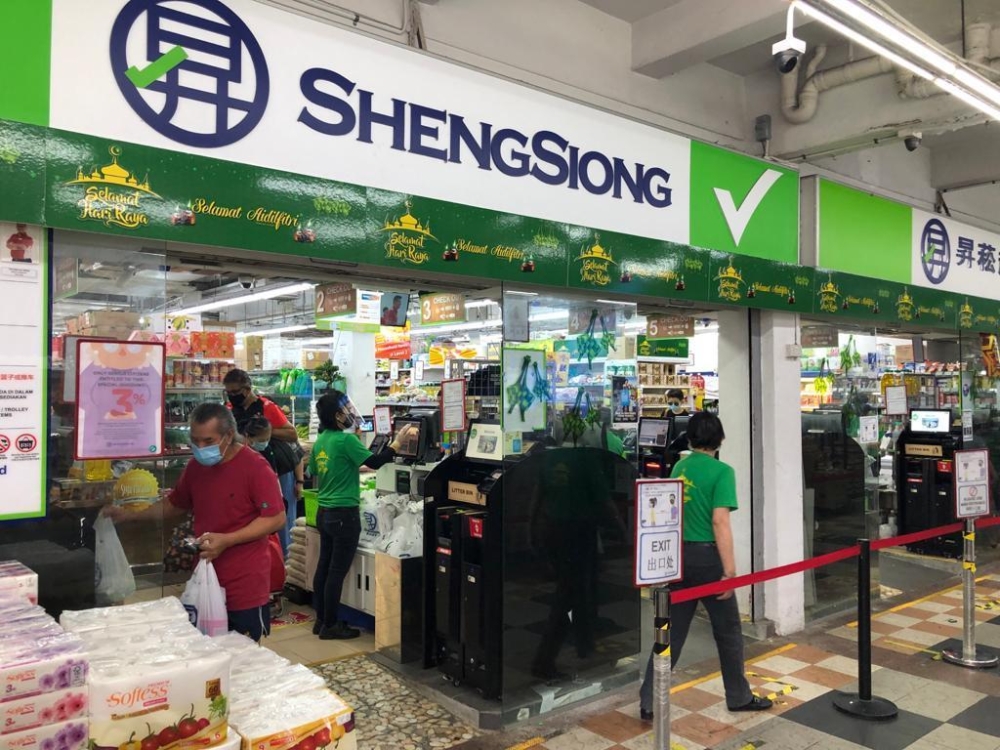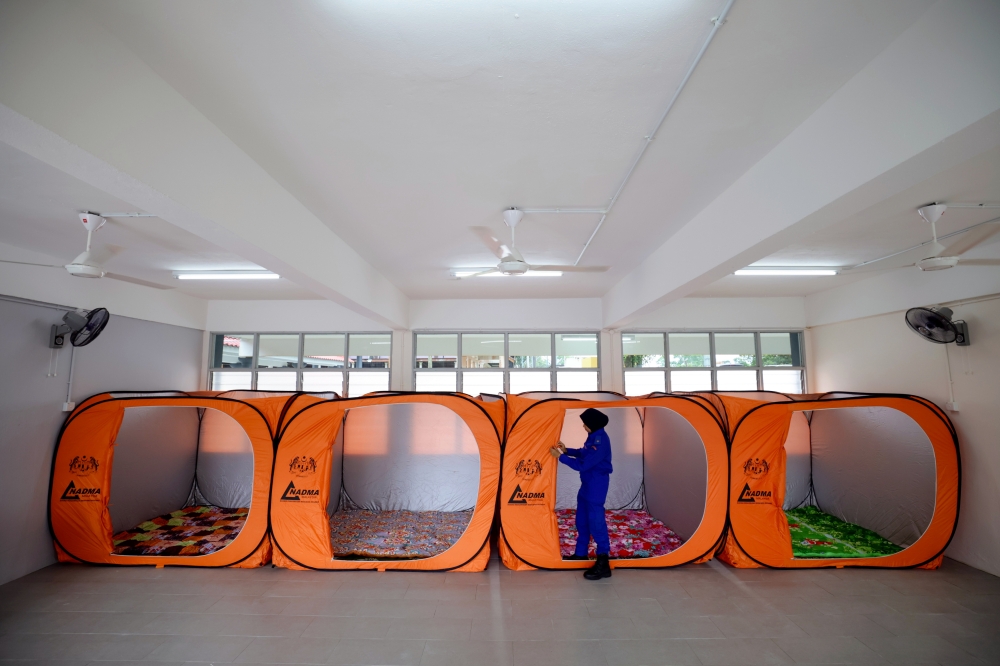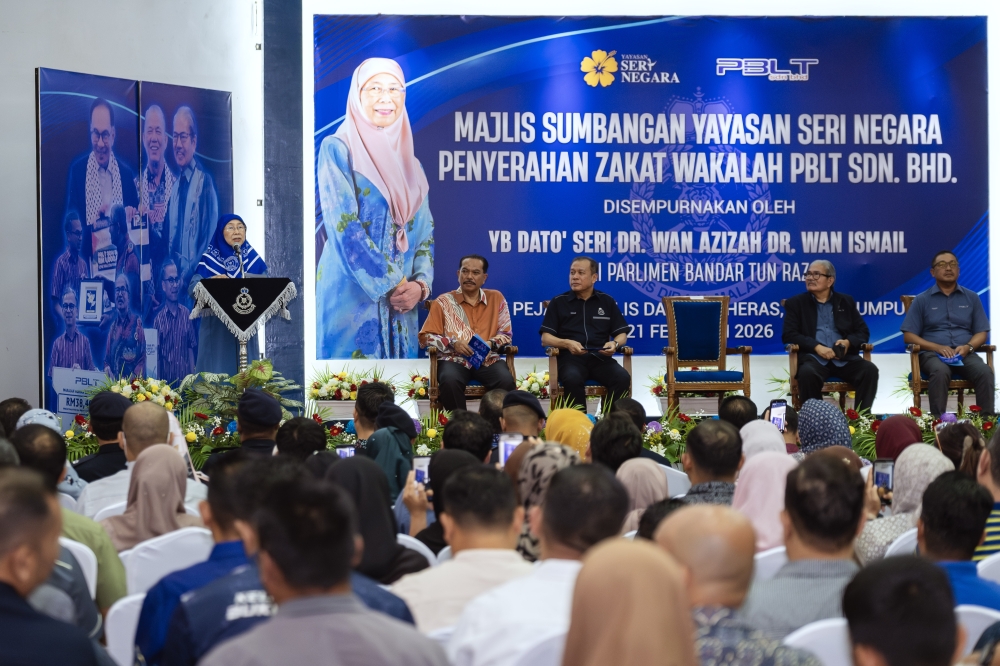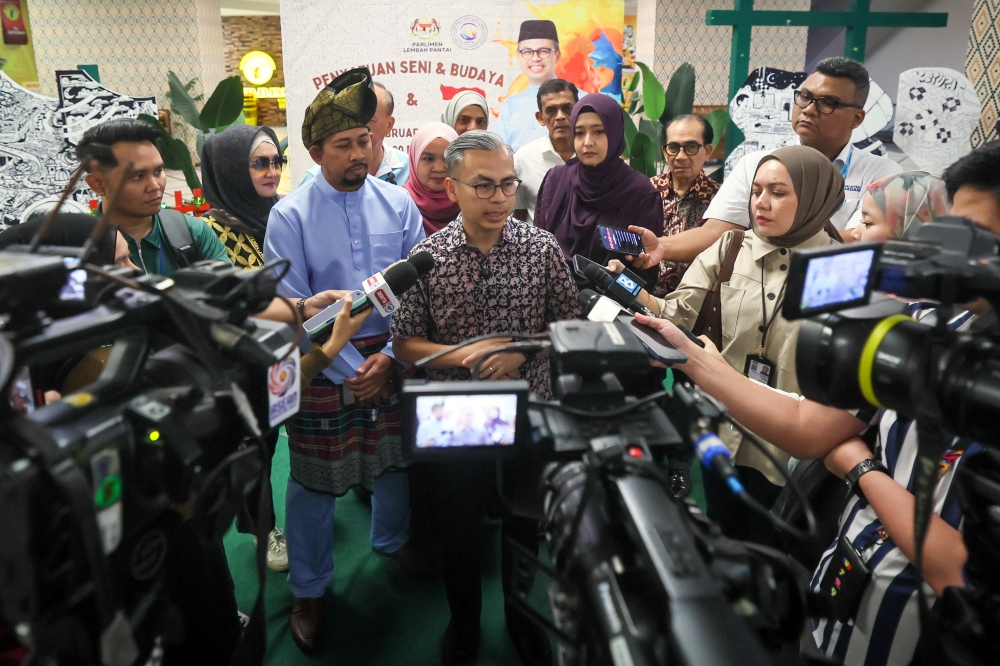SINGAPORE, June 21 — With six sold-out shows and online queue numbers exceeding a million, some eager concertgoers are calling for more to be done to limit the number of foreigners that can purchase concert tickets here and to thwart scalping in the wake of the record-breaking sales by British rock band Coldplay.
The Grammy-award winning band, who last performed in Singapore in 2017, sold all available concert tickets within hours after ticket sales began on Monday (June 19). Tickets for two new shows that were announced on Monday and Tuesday in response to the high demand were also sold out quickly.
The shows are scheduled for Jan 23, 24, 26, 27, 29 and 30 next year.
With many missing out on the tickets, several disappointed netizens voiced their unhappiness about having to compete with foreign fans for the same pool of tickets, while others believe the concert should be meant mainly for Singaporeans since it is held in Singapore.
Among several suggestions of how to achieve this, some called for ticketing platforms and concert organisers to prioritise sales to those with Singpass accounts, as well as to impose a quota limiting the number of foreigners who can bid for them.
Others called for new laws to counter the reselling of tickets at exorbitant prices, usually by scalpers, or measures such as tagging each ticket to a unique customer upon purchase.
As there are perceptions that demand is being driven by buyers from the region, should concert organisers heed such calls by local fans?
After all, such measures are already in place in countries like Japan and South Korea to allow more locals to be able to buy tickets and to counter foreign scalpers who are hoping to make a quick buck.
TODAY spoke to tourism and business experts to find out if these suggestions are feasible. TODAY has also reached out to the organiser for Coldplay’s Singapore concerts, Live Nation Singapore, for comment.
Can Singpass be used?
One suggestion was to use the Singpass application to purchase tickets, which will mean that only Singapore residents will be able to do so, thus effectively limiting or eliminating the number of foreigners who can attend the concert.
Others called for organisers to impose minimum quotas for local audiences, or to follow what some countries have done to limit the number of foreigners at their concerts.
In South Korea, many platforms to buy tickets for popular acts are difficult for foreigners to navigate as they are in Korean, and buyers will need to have a Korean identity card and mobile phone number to create an account, and a Korean bank card to make the purchase.
In Japan, concert tickets are not restricted to foreigners, but can mainly be purchased at convenience stores, which require the person to be physically in Japan before the concert, making it harder for foreigners to snag a ticket.
Even online purchases have to be made through an agency, and creating an account requires a short message service verification and a Japanese SIM card.
Christopher Khoo, the managing director of tourism consultancy MasterConsult Services, said that countries like Japan and South Korea can afford to implement such restrictive policies as these countries have a strong enough fan base which are many times the size of Singapore’s population.
“If you end up imposing a minimum quota (on locals), Coldplay only ends up with two concerts here, they may not be even able to support four concerts,” he said.
And there is also another obvious upside when foreigners come to watch concerts here: The tourist dollar.
Said Associate Professor in Practice Terence Ho of the Lee Kuan Yew School of Public Policy: “Foreign demand for concert tickets here is a major boon for Singapore tourism, with many benefits accruing to industry players such as hotels, food and beverage outlets and other attractions.”
He added that any restrictions placed on foreign tickets could also dampen Singapore’s reputation as an events hub, and make it less attractive for top acts to come here in future.
As for using the Singpass app to restrict ticket purchases to Singapore residents, experts said there is no incentive for the Government to intervene in private organisations’ method of selling concert tickets.
The Singpass app is a digital identity that Singapore residents can use to access Government and private sector services online.
Economist Walter Theseira, an associate professor at the Singapore University of Social Sciences, said that it is “illogical” to ask the Government to intervene in the buying and selling of concert tickets, as there is no law preventing ticketing companies from selling their tickets to who they want to sell it to, be it local or foreign buyers.
“If the ticketing companies thought that (prioritising local customers) would improve the consumers’ welfare, and if concert promoters wanted to, they could do it,” said Assoc Prof Theseira, adding that it would seem “misplaced” for the Government to step in.
Agreeing, Prof Lawrence Loh, Director of the Centre for Governance and Sustainability at the National University of Singapore (NUS), said that a concert like Coldplay’s has no social benefit from the Government’s perspective, and so there is no reason for it to be involved.
“You have to see if the activity has a social objective, for example, if it’s housing, then you have to control the number of foreigners, add stamp duties” he said. “Right now, these are just entertainment events that are discretionary.”
What about anti-scalping measures?
There have also been calls to implement measures against scalping, given what many perceive to be a growing issue of tickets being resold at exorbitant prices.
Checks by TODAY on resale platforms such as Carousell found that some Coldplay tickets were selling at over S$1,000 (RM3,457), when the most expensive ticket sold by the concert organisers was only S$298.
There were even favourable spots in the virtual queue being sold for up to S$50 earlier yesterday, before the tickets were sold out.
Given the extent of the scalping, there have been suggestions such as ensuring concert organisers do identification checks of each concertgoer to prevent the resale of tickets, much like what airlines do with plane tickets, and the implementation of anti-scalping laws.
Some of these measures have been implemented before.
In his 2019 concert here, concert organisers for British Singer Ed Sheeran printed the name of the ticket buyer on each ticket, and implemented identification checks at the entrance.
But experts said such measures are generally not feasible or practical for concert organisers.
Assoc Prof Theseira said that for concert organisers to check every single concertgoer’s identification at the door, it will take up manpower and resources and these will eventually be passed down to the consumer in the form of higher ticket prices.
“If you think about all of the concerts that are arranged in a given year in Singapore, how many of them actually attract this kind of excess demand?
“From the ticketing companies’ point of view, do you want to invest in these systems for your one concert out of many? And if you’re going to do it, you are probably not going to do it for free.”
A law against scalping?
The prevalence of scalpers reselling Coldplay tickets in Malaysia has led to the government there planning new laws to monitor control scalping activity, reported the New Straits Times newspaper last month.
Ahead of the Tokyo 2020 Olympics, Japan also prohibited the unauthorised resale of event tickets above their sale price, with the punishment being up to one year’s imprisonment, a fine of up to ¥1 million (RM33,000), or both.
As for whether Singapore could impose laws against ticket scalping, Prof Loh from NUS said that while this suggestion seems sound in practice, it could set a precedent for other second-hand or resale goods to be regulated as well.
He asked: “There are so many transactions going on everywhere, if you go to a hawker centre and you buy a plate of noodles where there’s a long queue, and you sell it to someone at 60 cents or S$1 more, are you breaking the law?
“It’s good to have a law, but which authority will designate what kind of transactions will fall under this law? There are so many grey areas.”
In sum, the analysts say that it is best to leave the regulation of ticket prices to the free market.
Assoc Prof Theseira said that people often say scalping is bad, because it means that people with money attend the concerts rather than the “true fans”.
However, he said that economically speaking, this logic does not hold water.
“From the economics point of view, one reliable measure of how much of a fan somebody is, is how much they are willing to pay,” he said.
“By that definition, people who are willing to pay inflated prices set by scalpers are actually pretty big fans.” — TODAY

